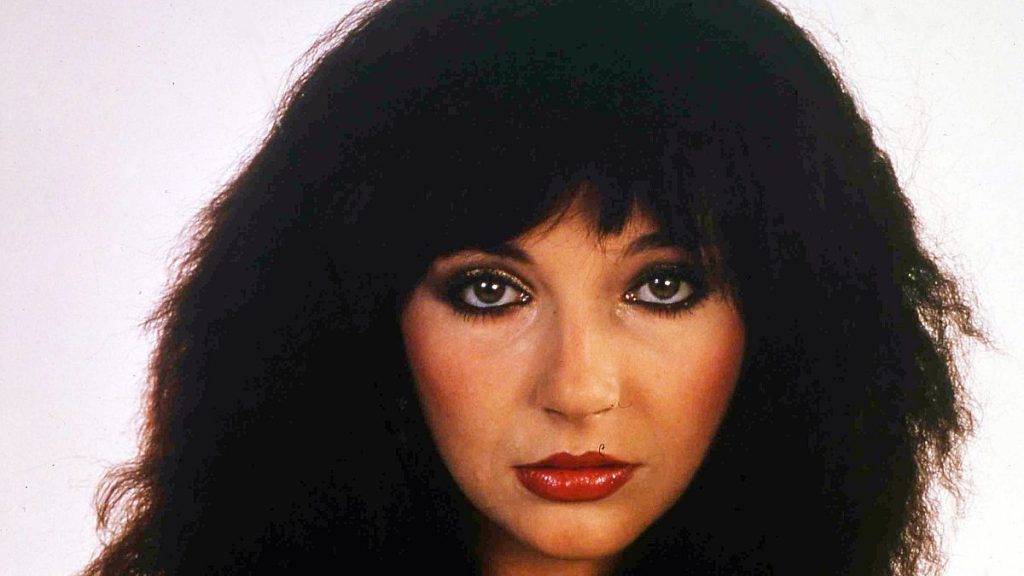The rapid advancement of generative artificial intelligence (AI) has sparked a growing debate surrounding its ethical implications, particularly concerning its use of copyrighted materials for training purposes. This technology, capable of creating novel content based on existing data, has raised concerns among artists and creators worldwide, who argue that their intellectual property rights are being infringed upon and their livelihoods threatened by the unlicensed use of their work. A prominent example of this concern manifested in a petition signed by a cohort of renowned artists, including Kate Bush, Paul McCartney, Björn Ulvaeus of ABBA, and Thom Yorke of Radiohead, demanding protection against the unauthorized utilization of their creative works for AI training. The petition, which has garnered significant support, underscores the urgent need for legal and regulatory frameworks to address this emerging issue.
The core argument presented by the petitioning artists centers on the principle of fair use and copyright protection. They contend that the unlicensed use of copyrighted materials to train AI models constitutes a direct violation of their intellectual property rights. This practice, they argue, undermines the fundamental principles of copyright law, which grants creators exclusive rights to control the reproduction and distribution of their work. The artists emphasize the potential for substantial economic harm, as AI-generated content could potentially displace human-created works in the market, leading to a significant decline in revenue for artists and creators. Furthermore, they argue that the use of their work without permission or compensation devalues the creative process and undermines the artistic integrity of their creations.
The petition specifically targets the practice of training generative AI models on vast datasets of copyrighted material without obtaining the necessary licenses or permissions from the copyright holders. These datasets often contain a wide range of creative works, including text, images, music, and code, which are used to train the AI models to generate new content that resembles the style and characteristics of the original works. The artists argue that this practice amounts to a form of plagiarism, as the AI models are effectively learning to mimic their creative output without attribution or compensation. They contend that this practice not only deprives them of their rightful earnings but also undermines the incentive for future creativity.
The concerns raised by the artists are further substantiated by a recent global study, which projects a significant financial impact on musicians due to the proliferation of AI-generated music. The study predicts that by 2028, a quarter of musicians could face a substantial threat to their revenue, with potential annual losses reaching €4 billion, amounting to a cumulative loss of €10 billion over four years. These figures highlight the potential for widespread economic disruption within the creative industries if the unchecked use of copyrighted material for AI training continues unabated. The study also underscores the rapid growth of the generative AI market, which is projected to expand from approximately €3 billion currently to a staggering €63.7 billion by 2028, further emphasizing the urgency of addressing the copyright concerns surrounding this technology.
The artists’ petition and the concerning statistics regarding the potential economic impact of AI-generated music underscore the need for a comprehensive legal and regulatory framework to govern the use of copyrighted materials for AI training. The existing copyright laws, designed primarily for traditional forms of media, may not adequately address the unique challenges posed by generative AI. There is a growing consensus that new legislation is required to strike a balance between fostering innovation in the field of AI and protecting the rights of creators. This could involve establishing clear guidelines for fair use in the context of AI training, implementing licensing mechanisms that allow for the legal and compensated use of copyrighted materials, and developing mechanisms for tracking and attributing the use of copyrighted works in AI-generated content.
The debate surrounding the use of copyrighted materials for AI training is likely to continue as the technology evolves and its impact on the creative industries becomes more apparent. Finding a solution that both safeguards the rights of creators and promotes innovation in the field of AI will require collaboration between policymakers, technology developers, and the creative community. The artists’ petition serves as a crucial first step in raising awareness about the potential risks of unchecked AI development and advocating for a more equitable and sustainable framework for the future of creativity. The outcome of this debate will have profound consequences for the future of art, music, and other forms of creative expression in the digital age.














